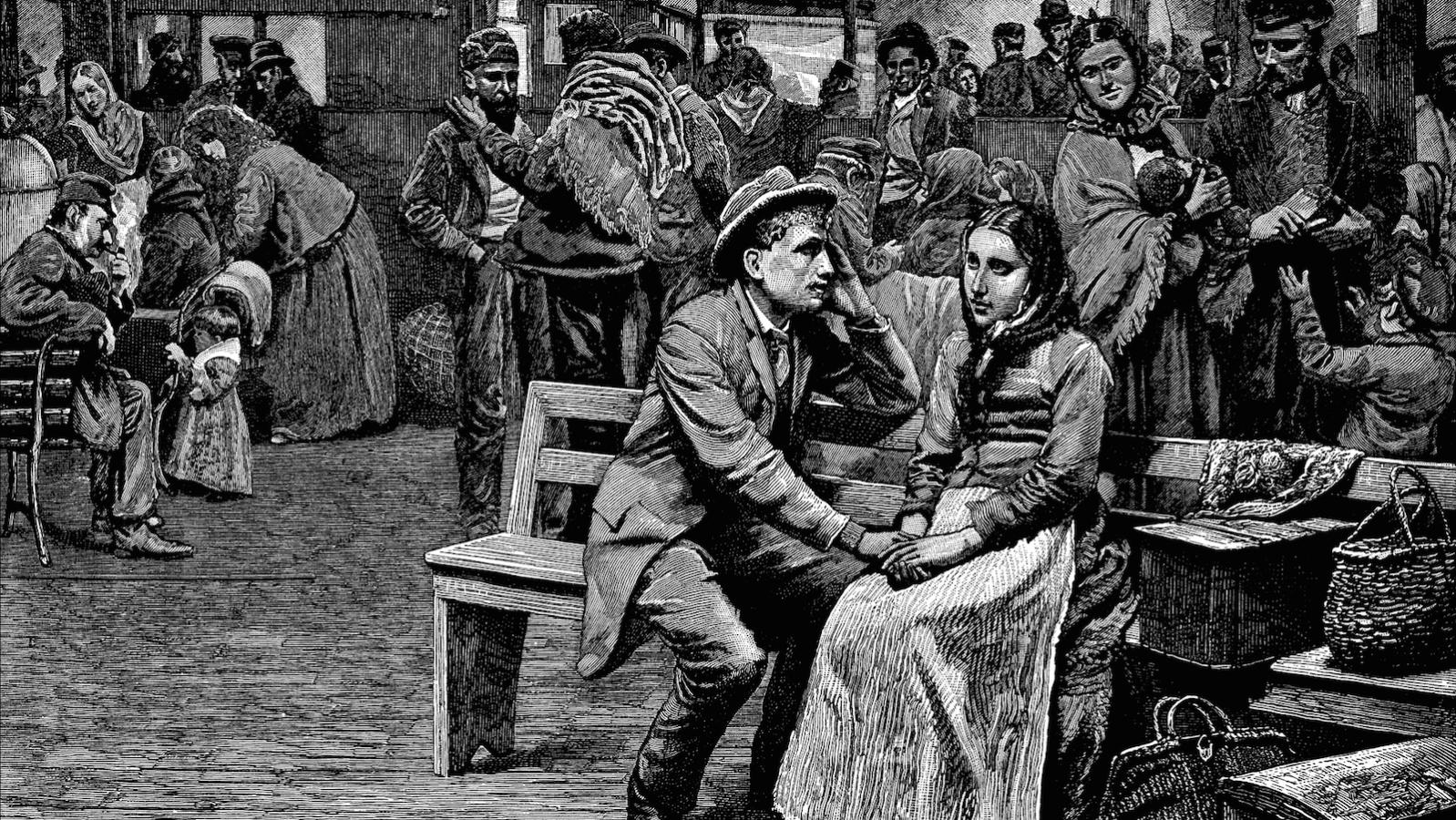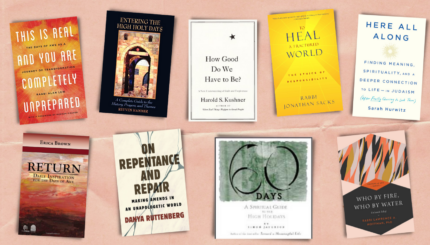Bernard Malamud, bard of the browbeaten, once said he was concerned with Jewish “ethicality – how Jews felt they had to live in order to go on living.” The Assistant, his second and best novel, is a portrait of one such Jewish struggle for survival.
Based loosely on Malamud’s own childhood as the son of an immigrant grocer, it follows Morris Bober in his quest to carve out a living. It’s the Depression and Morris’ grocery is failing. So the Bobers scrape together what they can. They did not come to America to flail about helplessly, but to build a better life.
One day, the grocery is held up by two robbers who steal from the already destitute store and beat Morris badly. Not long after, a young Italian appears asking for work in exchange for a pittance. His name is Frank Alpine, a drifter from the West coast who is later revealed to be one of the guilt-stricken robbers. Frank wants to work “for the experience,” he says.
Morris accepts, putting him up in his home — perilously close to his daughter Helen, with whom a taboo romance blossoms. Thanks to Frank’s industriousness, business begins to improve. At least until Morris catches Frank stealing from the till—or, in Frank’s defense, returning money to it.

Help us keep Jewish knowledge accessible to millions of people around the world.
Your donation to My Jewish Learning fuels endless journeys of Jewish discovery. With your help, My Jewish Learning can continue to provide nonstop opportunities for learning, connection and growth.
What happens next is a beating-heart of a novel that confronts Malamud’s most cherished themes head-on. For Malamud, even Frank, whose transgressions do not stop with the robbery, is capable of redemption. But things grow much darker before there’s light.
In his life, which ended in 1986 at the age of 71, Malamud published eight novels and three short story collections. He won the National Book Award twice and the Pulitzer Prize. In 1982, Barry Levinson directed Robert Redford in a film adaptation of Malamud’s first novel, The Natural, racking up four Academy Award nominations.
The Assistant remains a paean to the Jewish immigrant experience, a window into a mostly vanished world told with sharp insight and infinite sympathy. Not long after Frank joins the grocery, he reflects on Morris’ universal battle for life:
“What kind of man did you have to be to shut yourself up in an overgrown coffin and never once during the day, so help you, outside of going for your Jewish newspaper, poke your head out of the door for a snootful of air? The answer wasn’t very hard to say—you had to be a Jew. They were born prisoners.”
Can’t wait to explore the Bobers’ world? Get your copy of The Assistant here.




